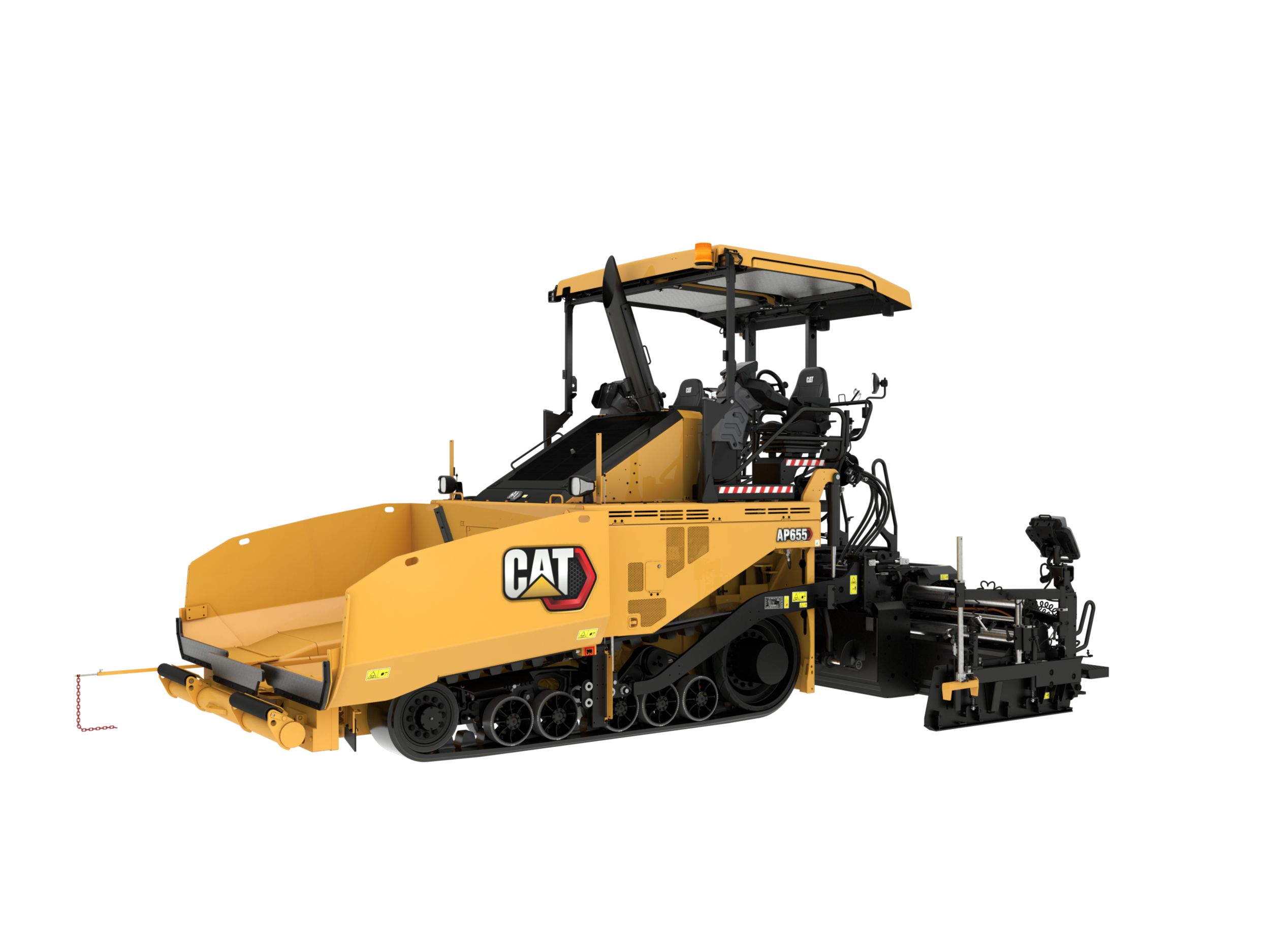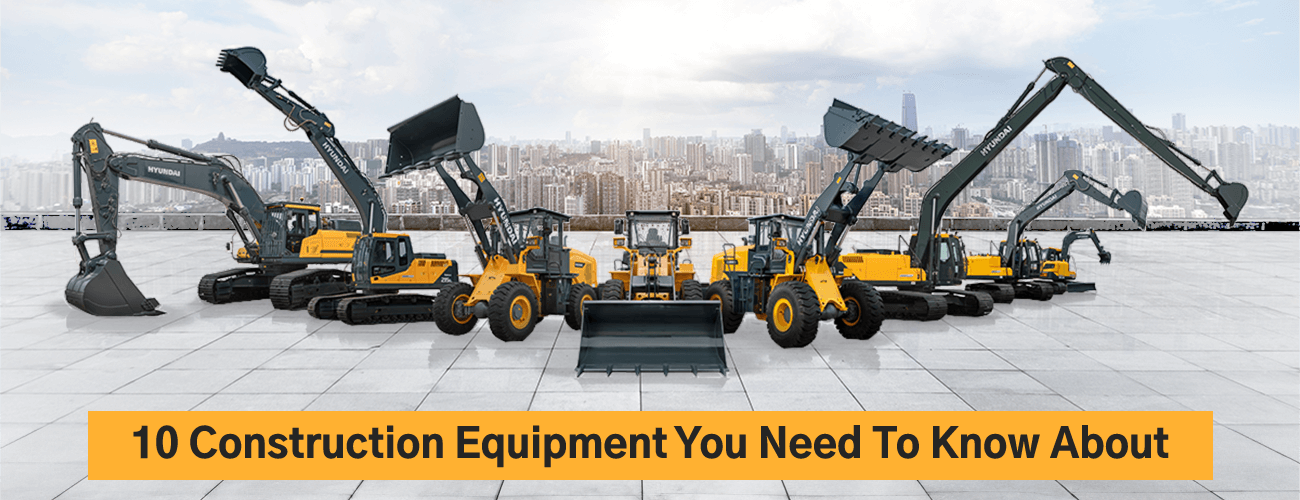Construction Equipment Rentals in Tuscaloosa, AL: Every Little Thing You Need for Your Job Website
Construction Equipment Rentals in Tuscaloosa, AL: Every Little Thing You Need for Your Job Website
Blog Article
Exploring the Financial Advantages of Leasing Building Tools Contrasted to Having It Long-Term
The choice between renting and owning building devices is critical for financial monitoring in the industry. Leasing offers immediate price financial savings and operational versatility, enabling business to designate resources a lot more efficiently. On the other hand, possession comes with substantial long-lasting financial commitments, consisting of upkeep and depreciation. As professionals consider these choices, the impact on cash circulation, project timelines, and modern technology gain access to ends up being progressively significant. Recognizing these subtleties is necessary, especially when thinking about how they line up with certain job requirements and economic methods. What variables should be prioritized to ensure optimal decision-making in this complicated landscape?

Price Comparison: Leasing Vs. Having
When examining the economic implications of renting out versus having building devices, an extensive expense comparison is important for making informed choices. The choice between possessing and renting out can substantially impact a company's bottom line, and comprehending the connected expenses is important.
Leasing building and construction devices commonly includes reduced upfront expenses, permitting organizations to allocate funding to other functional demands. Rental arrangements commonly include versatile terms, enabling business to accessibility progressed machinery without long-term dedications. This versatility can be particularly useful for temporary tasks or varying work. Nonetheless, rental prices can accumulate over time, potentially exceeding the expenditure of possession if devices is required for an extended duration.
On the other hand, owning building tools calls for a considerable first investment, together with recurring expenses such as devaluation, funding, and insurance. While possession can cause long-term financial savings, it also locks up funding and might not give the exact same degree of adaptability as renting. Additionally, possessing equipment necessitates a commitment to its utilization, which may not always line up with job demands.
Eventually, the decision to rent or have needs to be based on a thorough evaluation of particular task needs, monetary capability, and long-term calculated goals.

Upkeep Duties and expenses
The option in between renting out and having building and construction equipment not just entails monetary considerations yet also encompasses continuous upkeep expenses and duties. Having tools calls for a considerable commitment to its maintenance, which includes routine inspections, repair work, and potential upgrades. These responsibilities can promptly accumulate, leading to unexpected prices that can strain a budget plan.
In comparison, when renting out equipment, upkeep is commonly the obligation of the rental firm. This setup allows service providers to avoid the monetary burden related to wear and tear, along with the logistical obstacles of scheduling repairs. Rental arrangements typically include arrangements for upkeep, suggesting that specialists can concentrate on finishing tasks rather than bothering with equipment condition.
Moreover, the diverse variety of tools readily available for rent enables companies to choose the current designs with innovative technology, which can boost effectiveness and efficiency - scissor lift rental in Tuscaloosa, AL. By choosing rentals, businesses can prevent the lasting responsibility of devices depreciation and the associated upkeep headaches. Ultimately, assessing upkeep expenses and obligations is essential for making a notified choice regarding whether to have or lease building devices, substantially impacting total job prices and operational effectiveness

Devaluation Influence On Ownership
A significant aspect to take into consideration in the choice to have building devices is the effect of devaluation on total ownership expenses. Devaluation represents the decline in value of the devices gradually, affected by elements such as usage, deterioration, and innovations in modern technology. As tools ages, its market value diminishes, which can substantially influence the owner's monetary setting when it comes time to market or trade the equipment.
For building firms, this depreciation can translate to considerable losses if the devices is not utilized to its max capacity or if it lapses. Owners should account for depreciation in their financial forecasts, which can lead to higher total costs compared to leasing. Additionally, the tax obligation ramifications of devaluation can be complex; while it may click this offer some tax advantages, these are frequently offset by the reality of reduced resale worth.
Inevitably, the worry of devaluation emphasizes the significance of understanding the long-lasting economic commitment included in possessing construction devices. Companies should meticulously examine just how typically they will certainly utilize the devices and the potential monetary impact of devaluation to make an informed choice regarding ownership versus leasing.
Economic Versatility of Renting Out
Renting out building equipment offers substantial economic versatility, enabling firms to allot resources more efficiently. This versatility is especially essential in an industry earthmovers and excavators identified by changing job needs and varying workloads. By choosing to rent out, businesses can stay clear of the substantial funding investment needed for buying tools, preserving capital for various other functional requirements.
In addition, renting out devices enables companies to customize their tools choices to certain job needs without the lasting commitment related to possession. This indicates that services can quickly scale their equipment inventory up or down based on present and expected project needs. Consequently, this adaptability reduces the threat of over-investment in machinery that may come to be underutilized or out-of-date gradually.
Another financial benefit of renting is the potential for tax obligation benefits. Rental repayments are often thought about overhead, allowing for instant tax deductions, unlike depreciation on owned equipment, which is spread over several years. scissor lift rental in Tuscaloosa, AL. This prompt expense acknowledgment can additionally improve a company's cash money setting
Long-Term Job Considerations
When assessing the long-term needs of a construction organization, the choice between having and renting tools comes to be more complicated. Secret factors to think about consist of project duration, regularity of use, and the nature of upcoming tasks. For useful reference tasks with extensive timelines, purchasing equipment may seem advantageous due to the possibility for reduced total expenses. Nonetheless, if the devices will certainly not be made use of constantly throughout jobs, having may bring about underutilization and unnecessary expense on upkeep, storage, and insurance policy.
In addition, technological innovations present a substantial consideration. The construction industry is progressing quickly, with new tools offering boosted efficiency and safety and security functions. Leasing enables companies to access the latest modern technology without dedicating to the high in advance costs related to investing in. This versatility is specifically valuable for organizations that manage varied tasks needing different sorts of devices.
Additionally, financial stability plays an important role. Owning tools frequently involves considerable capital expense and depreciation issues, while renting out permits even more predictable budgeting and capital. Ultimately, the selection between possessing and leasing should be lined up with the strategic goals of the construction service, taking into consideration both expected and current task demands.
Final Thought
In final thought, renting building tools provides considerable financial benefits over lasting possession. Ultimately, the decision to rent out rather than own aligns with the dynamic nature of building and construction tasks, permitting for versatility and accessibility to the latest equipment without the economic problems linked with possession.
As equipment ages, its market worth diminishes, which can substantially affect the proprietor's monetary setting when it comes time to sell or trade the equipment.
Renting construction equipment supplies significant monetary flexibility, permitting companies to allot sources extra efficiently.In addition, renting devices makes it possible for business to tailor their equipment options to specific project requirements without the lasting commitment associated with possession.In conclusion, renting out building tools uses substantial monetary advantages over long-term possession. Ultimately, the choice to rent out instead than own aligns with the dynamic nature of construction projects, permitting for adaptability and accessibility to the newest devices without the economic concerns connected with possession.
Report this page